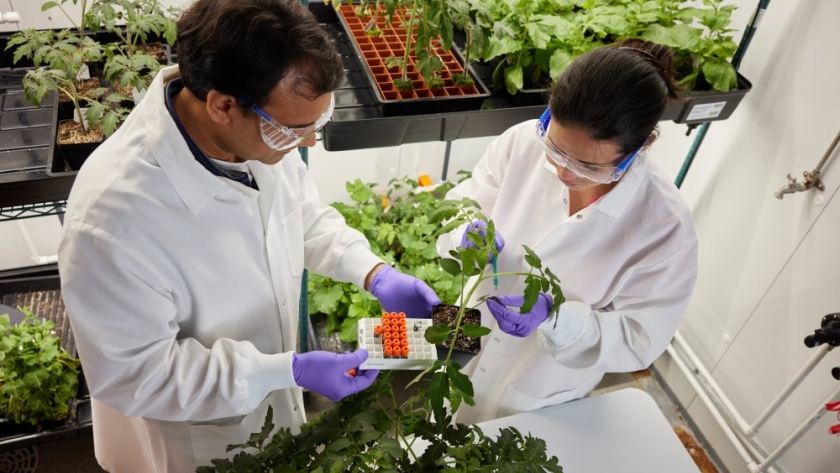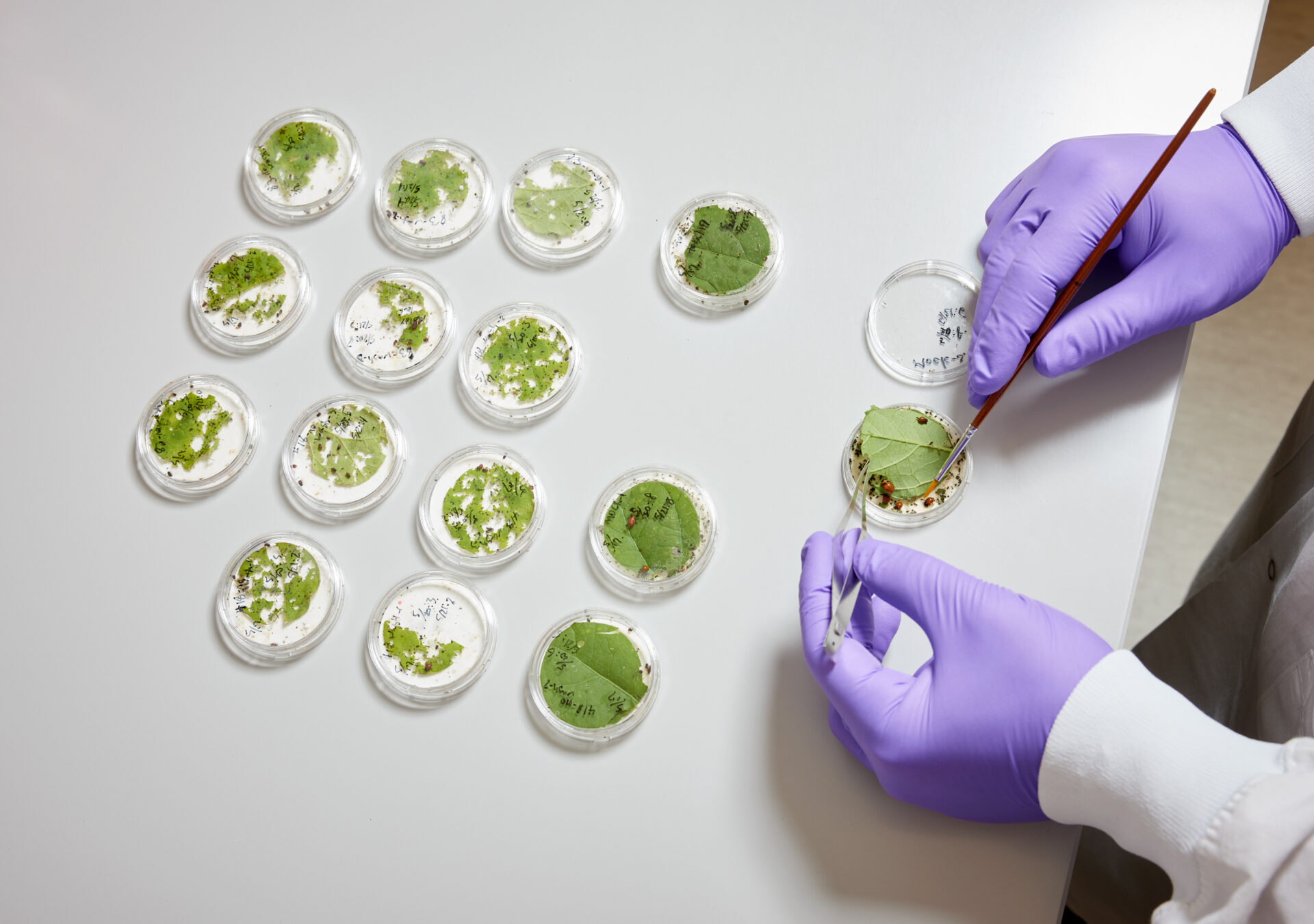
By Agroempresario.com
Flagship Pioneering, a leader in bioinnovation, unveiled this week its newest company, Terrana Biosciences, which is developing an RNA-based technology platform for crop protection and enhancement. With an initial $50 million investment, Terrana aims to transform agriculture by providing tools that could be crucial in addressing the challenges of climate change.
Ryan Rapp, cofounder and CEO of Terrana Biosciences, explained that their RNA technology not only protects plants from pests and diseases but also improves their resilience to adverse conditions such as drought, cold, or excessive moisture. An example Rapp highlighted is cherry orchards in the Pacific Northwest, which require a specific cold period to flower properly. With warming winters, these crops are at risk, forcing growers to either relocate operations to Canada or replace their orchards entirely.
“Terrana’s technology allows us to spray plants during summer to adjust their cold perception, restoring orchard productivity even during warm winters,” said Rapp. This innovation paves the way for adapting crops to new geographies affected by warming or extreme weather, becoming a valuable tool for mitigating climate change’s impact on agriculture.

Flagship Pioneering is well known for its work in human biotech, founding Moderna, a pioneer in RNA-based vaccines. Now, with Terrana Biosciences, they are applying that expertise to agriculture, a sector that until now faced limitations with traditional RNA technologies. Rapp emphasized that prior RNA products did not truly enter plants and quickly degraded on leaf surfaces.
“What sets Terrana apart is that our RNA actually penetrates the plant, allowing us to solve problems in unprecedented ways,” explained Rapp. The company has developed three technological platforms: prevent, protect, and improve. The prevent platform acts like a programmable vaccine, teaching the plant’s immune system to fight viruses it hasn’t encountered before; they are currently testing this on tomatoes.
The protect platform is designed to help plants already exposed to pathogens by delivering peptides or proteins that boost natural defenses against bacteria or fungi. Lastly, the improve platform delivers genes that confer drought tolerance, pest resistance, and other beneficial traits.

In addition to being compatible with existing crop protection products, Terrana aims to reduce reliance on agricultural chemicals. For instance, soybean growers in Brazil apply up to 16 sprays annually to combat diseases like Asian soybean rust. Terrana’s technology could provide season-long protection with just one application.
“This advancement could lower chemical use in farming, ease growers’ workloads, and help manage pesticide resistance,” noted Rapp. The company has demonstrated proof of concept in tomato, corn, and soybean, with a robust pipeline of products for specialty and row crops.
Terrana Biosciences is now focused on scaling and field validation, with the goal of making its RNA platform a cornerstone of future resilient and sustainable agriculture.
